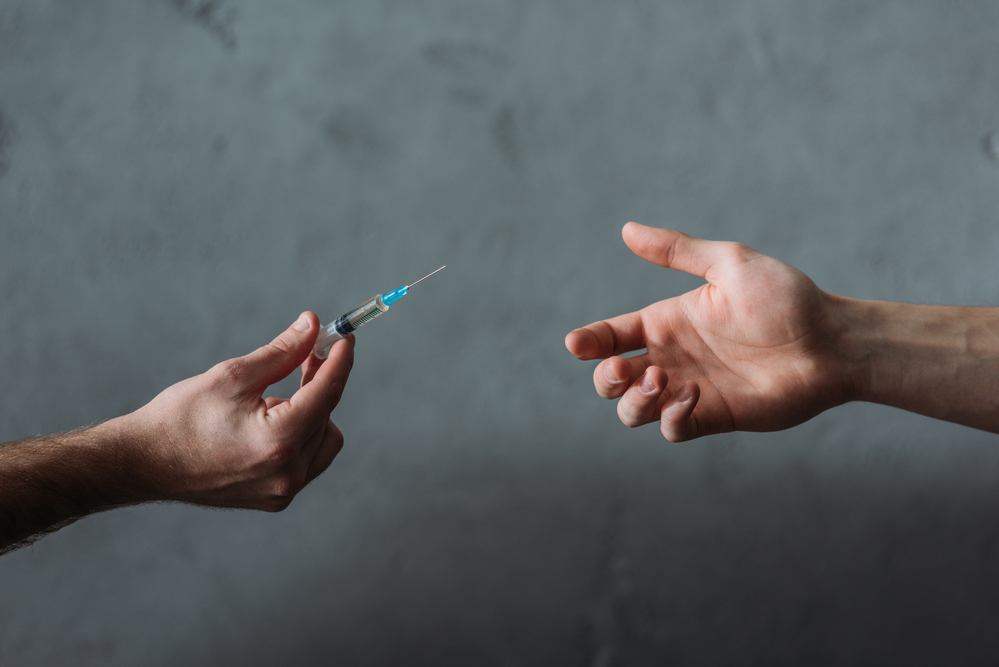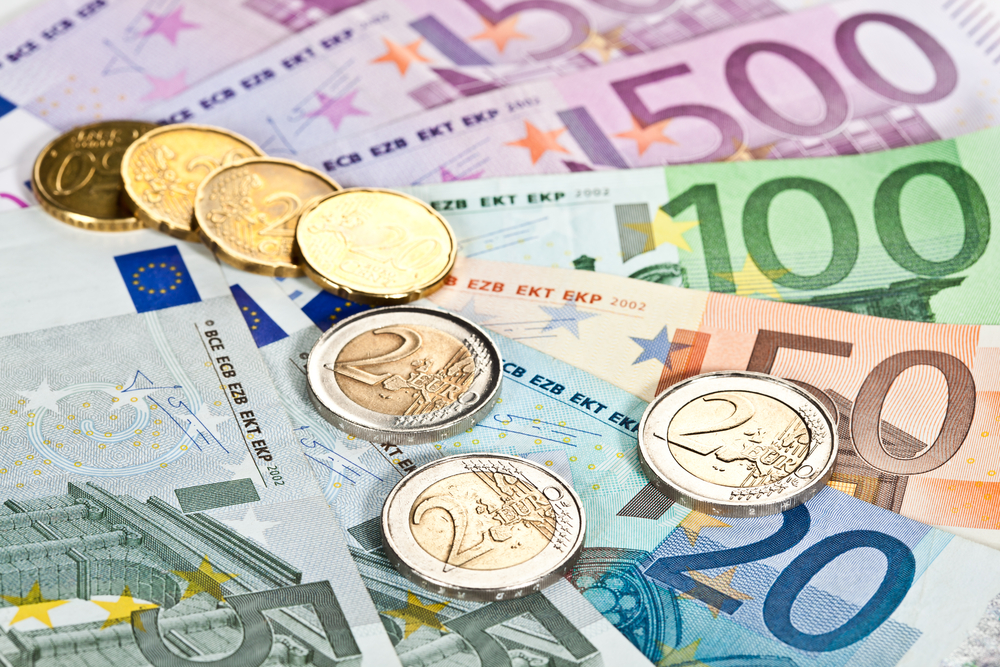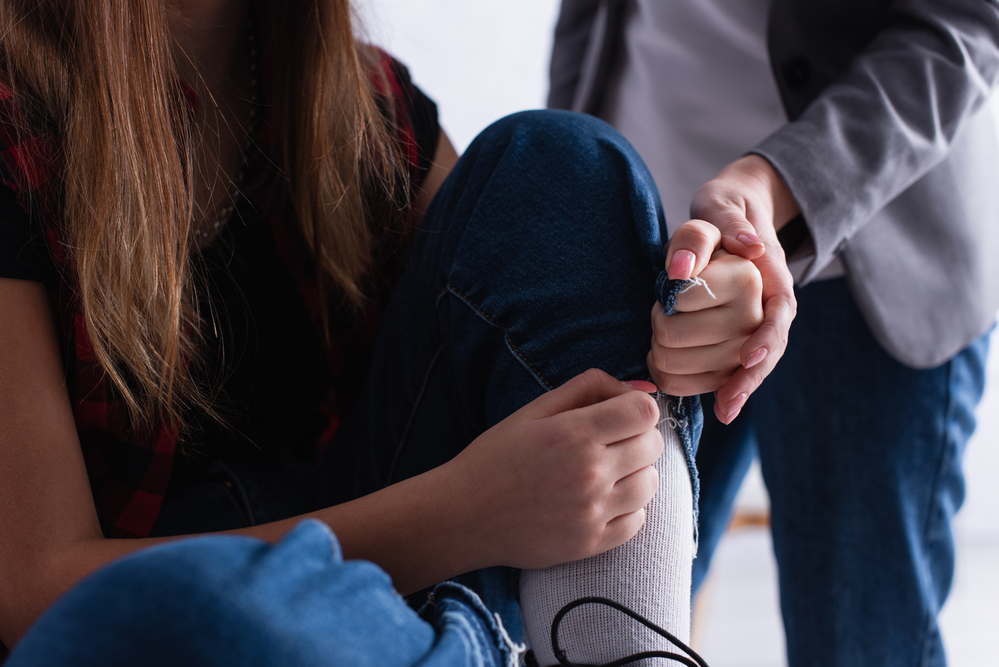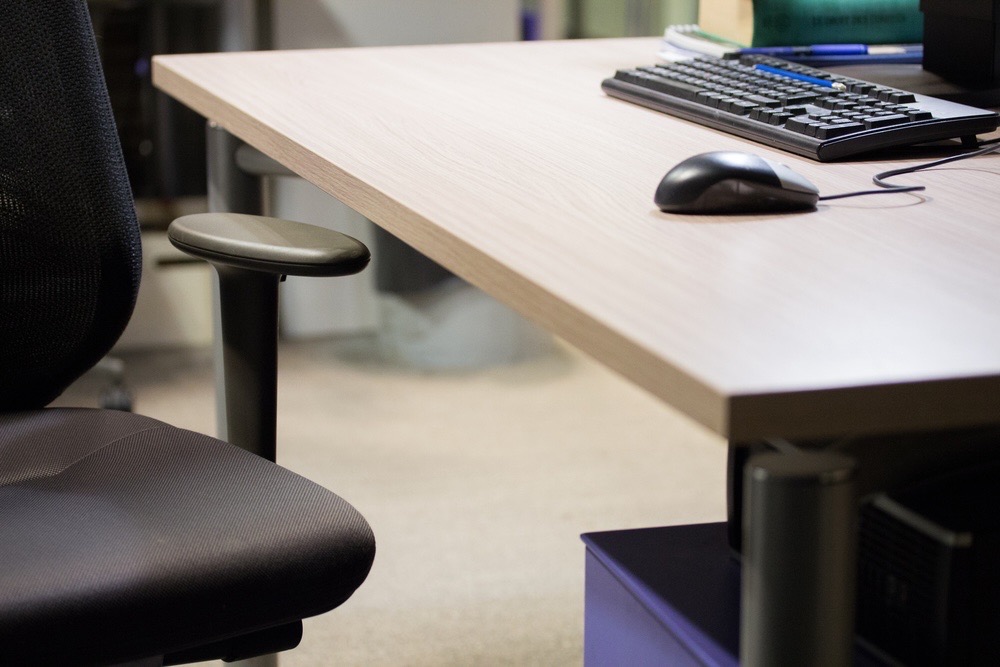There are plenty of rehab clinics in the Netherlands to recover from addiction — and often, they’re covered by insurance.
The Netherlands is known for its open-minded and progressive approach to various aspects of life, including drugs. While many substances remain criminalised, drugs are often approached with a level of acceptance and normalisation that can sometimes lead to misuse.
For some people, what might start innocently can spiral into addiction. It’s a scenario that can catch anyone off guard, and when the realisation hits that they’re battling addiction, the journey to recovery begins.
Recovery is a long and challenging process, but it can be navigated with resilience and the help of professional assistance.
What is addiction?
The topic of addiction can be daunting, and we sometimes don’t even understand the full scope. The truth is that addiction is a mental and physical disease.

Not only that, but addiction isn’t limited to substances. People can also be addicted to things such as gaming or shopping.
But the good news is that’s why many rehabilitation clinics offer support and supervision for patients. The clinics have dedicated psychological professionals to assist individuals with recovery.
READ MORE | The Dutch clinic that helps people get over their gaming addictions
So now that we have a quick rundown of the basics, what is there to know about rehab clinics in the Netherlands?
How much does rehab cost in the Netherlands?
As with any service, the price of rehab in the Netherlands can vary. Most in-house rehab clinics in the Netherlands will charge at least a few thousand euros for a short stay.

However, one good thing? Dutch health insurance almost always covers rehab in the Netherlands. Read on to find out more.
Does health insurance cover rehab?
In the Netherlands, rehab clinics are often at least partially covered by insurance. That being said, it depends on the individual’s insurance plan. Make sure to double-check if an insurance provider covers addiction treatment.

A referral from a huisarts (general practitioner) is almost always needed for a health insurance policy to cover the cost of a rehab clinic in the Netherlands.
READ MORE | 9 things you need to know about Dutch health insurance as an international
If covered by insurance, all that needs to be paid is the eigen risico (“own risk” or “excess”).
How can someone get help for addiction in the Netherlands?
The traditional route for going to a rehab centre in the Netherlands is through a huisarts (general practitioner). They should refer the person to a professional who can provide the care needed.

Sometimes, unfortunately, a huisarts might not take an addiction situation as seriously as hoped. In that case, people can contact the praktijkondersteuner (practice assistant) rather than their huisarts.
The praktijkondersteuner is usually more qualified to deal with mental health issues and often falls under the same insurance as a huisarts.
READ MORE | Why expats struggle with mental health in the Netherlands — and what you can do about it
It’s important to note that being admitted into an institution is almost always voluntary. Someone can be forced to be admitted to a Dutch rehab facility only if they are considered a danger to themselves or those around them.
Can sick leave from work be used to go to rehab in the Netherlands?
Yes, sick leave can be used to leave work to go to rehab in the Netherlands. Addiction is recognised as an illness in the Netherlands, so it’s treated in the same way as a physical illness.

That being said, note that the details of the illness do not have to be disclosed to someone’s boss or HR. An addicted person can call in sick and say they would like to talk to the bedrijfsarts (company doctor).
Any conversation with the bedrijfsarts is confidential, so no one has to know exactly why they’re taking sick leave. All that the bedrijfsarts will do is help and hopefully conclude that they’re too sick to work.
READ MORE | Mental healthcare in the Netherlands: all you need to know for 2023
Because addiction is an illness, the company has to comply with means to rehabilitate and reintegrate a person when they come back from their leave. So, by talking to their bedrijfsarts, time can be taken off, and the person can come back while keeping the safety of their job.
If a company doesn’t have a bedrijfsarts, their employees will be referred to a preferred huisarts that the company deals with. If that’s not satisfactory, of course, each patient can go to their own huisarts.
Dutch rehab clinics and privacy
The Dutch are masters of discretion, and just like the process of asking for sick leave from work, the clinics themselves don’t disclose the identity of their patients. That way, a person with addiction can stay anonymous and ensure complete privacy during recovery.

Additionally, there are plenty of rehab clinics in the Netherlands. Whether a person needs a rehab clinic in Amsterdam, The Hague, Rotterdam, Groningen, or beyond, there is likely one nearby — or far away, if that’s wanted.
What types of rehab clinics are in the Netherlands?
There is a large overlap between addiction and mental illnesses. That’s why clinics have professionals fit to care not only for their patients’ physical health but also offer psychologists and psychiatrists.

That’s why rehab centres in the Netherlands aren’t limited to substance abuse; some clinics in the Netherlands are focused specifically on mental health.
Most likely, every substance abuse clinic will tackle mental health, but the same can’t be guaranteed the other way around.
Have you had any experiences with rehab clinics in the Netherlands? Tell us in the comments!




I have been visiting a clinic for some addiction I faced, found it through afkickkliniekenvergelijken.nl and reddit, but keep in mind these things can be expensive!